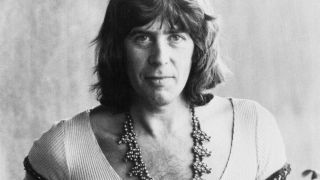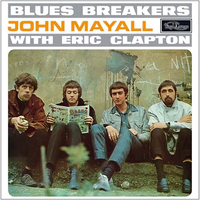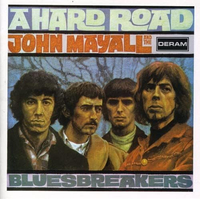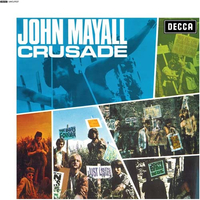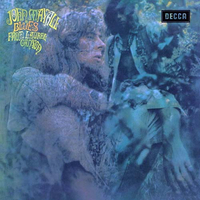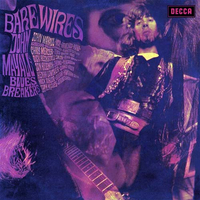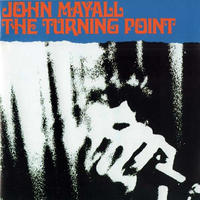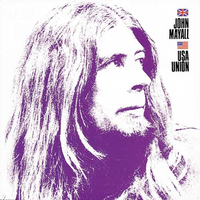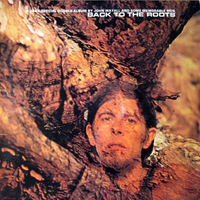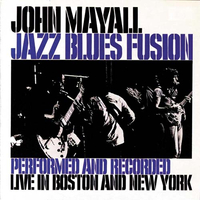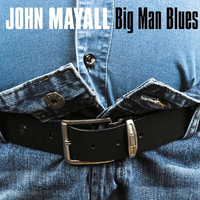Plenty of British bluesmen have sold more records, but few command as much respect as John Mayall OBE. With a back catalogue of close to 60 albums, and kick-starting the careers of countless stadium-filling galacticos, there’s a solid pub argument that nobody has done so much, for so long, to keep British blues afloat. No wonder they call him the Godfather.
Mayall almost missed the boat. Born near Macclesfield in 1933, he grew up in thrall to his father’s imported collection of blues 78s, and taught himself piano, guitar, harmonica and ukulele during downtime at art school. But National Service knocked him off track, and he returned to 1950s Britain to find a monopoly of trad-jazz bands “all playing the same tunes”.
At last, in 1962, he sensed revolution in the air, and the following year he hit London like a train. Even back then, pushing 30, the bandleader seemed like an elder statesman; a silverback among the cubs of the nascent British scene, whose gravitas, brittle wit and deep knowledge of the genre’s roots made him a big fish at Alexis Korner’s Ealing Club.
“London was booming,” Mayall recalls. “I was just glad the music I’d played since I was a kid was now a viable thing.”
With impeccable timing, Mayall launched The Bluesbreakers, and so began an imperious early run of albums that remain set-texts for anyone remotely serious about the blues. This was Mayall’s band (the turnover of hired/fired members backs up his former guitarist Walter Trout’s observation that he was a “benevolent dictator”). But alongside the prolific songwriting, stinging musicianship and tremulous vocals, his genius lay in the nabbing and nurturing of ‘next big things’. In the 60s especially, the talent on the payroll was staggering – Eric Clapton, Peter Green, Jack Bruce, Mick Taylor. And Mayall always let his charges off the leash. “Any person who joins my band,” he noted, “they’re all equal, whatever their age.”
Mayall, now 90, retired from the road in 2021, but continues to make music that pleases the hardcore but make little dent in the mainstream (his last album, 2022's The Sun Is Shining Down, was his 60th). And while it’s unlikely he’ll produce anything to shuffle the pecking-order laid out here, you can bet he’ll go down trying.
“With music you can be any age,” he noted in 2012. “There’s no end in sight yet.”

...and one to avoid
You can trust Louder
